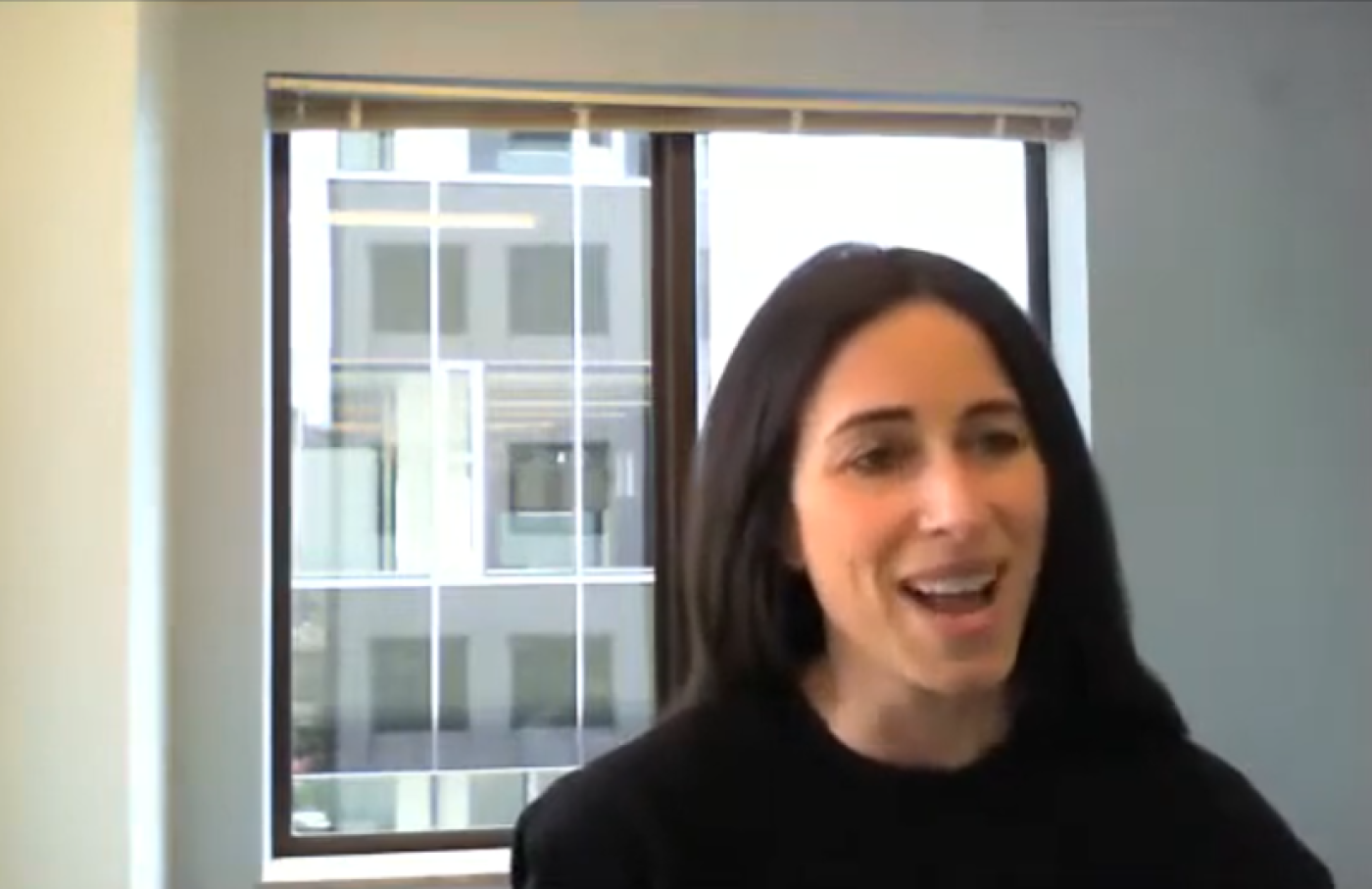Well, basically, the way that we work at the ADL in terms of intaking reports of hate is that we actively track it as a staff, um, as experts on certain issues, whether it's extremism or antisemitism, through news reports and through law enforcement contexts, etc. but we also are an organization that really relies on our community to report directly to us what they're seeing, whether it's leaders who are contacted by their constituents, who pass on information to us or community members themselves that call or email or use our reporting form to tell us what's happening in their schools and their workplaces and their communities. And we have a variety of ways that we show up and we support and we counsel people, basically to be able to navigate challenging conversations around anti-Semitism and different forms of discrimination. But I think one major takeaway that I have from that kind of work is that the work only happens if people know about your organization and know about the resources you have. And a lot of times, it can be hard when you see numbers going up around hate-based activities and anti-Semitic incidents that happen because it shows a dark underbelly of society that's unfolding, unfortunately, in our communities. What I also think it reflects is that people feel more comfortable and safe and empowered to report what's actually happening to organizations, and they think it's important, and they feel like they have a voice in a role in what's happening. So, um, I also think it shows that organizations like the ADL are showing up, and people know what we do, and we know they know how to reach us. So I think the trend sometimes can be challenging because a lot of times we see an uptick in hate, and we're quick to judge it. Um, and it's, it's, I think it's a little more complicated than that. On the one hand, it shows an uptick in hate, which is an unfortunate reality that we're grappling with. But on the other hand, I think it shows something that's probably, um, been manifesting for a long time, that people are more willing to address and call out. So I do think, you know, we recognize that we have a lot of work to do with different stakeholders in the states we work in to create better structures and systems for reporting. Um, one example is we've been really proud to work in Oregon with the Department of Justice there, and the Attorney General's office to pass this incredible comprehensive law and to actually have a hate crimes hotline in the state that people can call, they don't have to report directly to law enforcement, but they can get resources and get guidance about how to move forward. And Oregon has seen a skyrocketing data kind of collection of hate-based incidents that have been happening based on the fact that they have more resources and they have a better system. So I think, you know, all of the numbers can be kind of complicated, but we at the ADL do really pride ourselves on being an organization that not only calls out the problem, but actually tackles the problem by supporting people who experience anti-Semitism and hate. And we also have a lot of credibility because of the fact that we've been tracking anti-Semitic incidents since 1979, so we can really understand what's unfolding in our communities. And and, you know, the more that we are out there and the more that we have a presence, I think the more that we learn and we can better understand what's actually unfolding.
